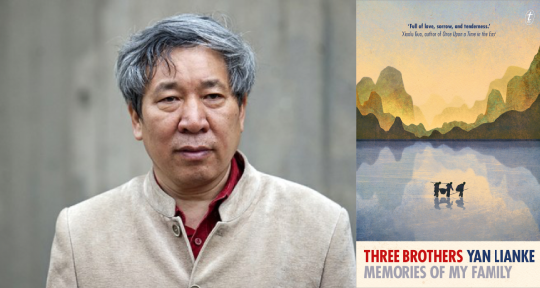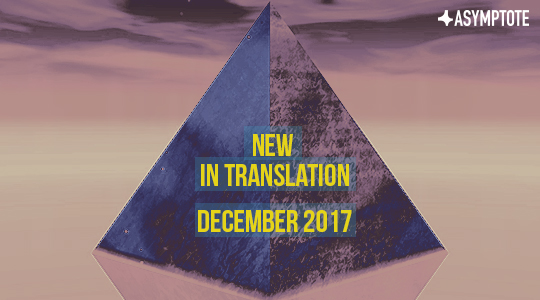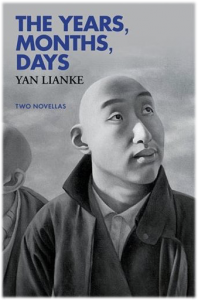This week our writers bring you the latest literary news from Taiwan, Serbia, and El Salvador! In Taiwan, renowned writer Huang Chun-ming has brought out his latest novel and Chinese novelist Yan Lianke’s new essay compilation, Hers, has just been published. In Serbia, the annual Shakespeare festival, Šekspir Festival, has begun, and the Reading Balkans 2021 programme has launched in collaboration between Goga Publishing House, PEN Centre, and others. In El Salvador, a new blog run by Nelson Alonson, Una Verdad Sin Alfabeto, and publishing house Editorial Kalina have run online debates about Salvadoran writing and diaspora literature. Read on to find out more!
Vivian Szu-Chin Chih, Editor-at-Large, reporting from Taiwan
The autumn equinox has brought drizzling rain to cool Taiwan down from the previous summer heat. During the final quarter of 2020, while hoping our global readers will all stay safe and healthy, several literary and movie events are taking place in Taiwan. With online screenings and live discussions being streamed, it might be the best time for an easy access to Taiwan’s recent cultural events, no mater where you are.
The renowned Taiwanese novelist and playwright, Huang Chun-ming’s (黃春明, 1935-) latest novel (Hsiu-Chin, the Girl who Always Smiles,《秀琴,這個愛笑的女孩》) was just published by Unitas Magazine’s publishing house. The story centers around a village girl from northeastern Taiwan entering the film industry accidentally in the 1960s, when Taiwanese-language films were at their peak. Huang’s novella was featured in our past issue, with the translator Howard Goldblatt’s moving account of his long-term friendship with Huang. At the same time, the Chinese novelist Yan Lianke’s (閻連科, 1958-) essay compilation, Hers (Tamen,《她們》), was recently published by Rye Field Publishing Company in Taiwan, unprecedentedly featuring stories of women the novelist encountered, inside and outside of his own family. Perhaps most unorthodox is the publication from Taiwan Tongzhi (LGBTQ+) Hotline Association of their eight-year project that interviewed seventeen lesbians over fifty-five years old in Taiwan, to be published by Locus Publishing Company in October. This groundbreaking book on the life experiences of “lao-la” (「老拉」) in Taiwan, literally meaning old lesbians, is not only about their personal memories and struggles of being lesbians in the conservative Taiwanese society before the 1990s, but also a literary historical review of Taiwan’s gender equality and LGBTQ+ movements since the 1950s.






